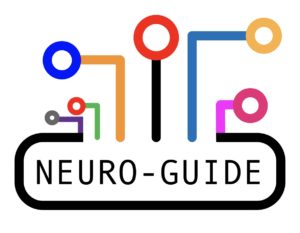Educational escape rooms Erasmus+ projects in Cyprus, Belgium, Portugal and Greece
Citizens in Power
Escape rooms (ERs) are live-action team-based games in which players encounter challenges in order to finish a mission in a limited amount of time. Over the last years, there has been worldwide growth in educational escape rooms. The phenomenon of ERs in education is unique and increasing. Just like in entertainment industry, ERs are gaining popularity as a learning technique in primary, secondary and higher education as well as proffesional development programs. Popularity of recreational ER’s inspired teachers and mentors to adapt the game for education purposes. They became common and innovative way to bring critical thinking and technology into the classroom. Through escape rooms we’re taught valuable life lessons; from time management, teamwork and respect to focusing and thriving under pressure. Educational ERs are a combination of physical and mental activities to be achieved with a team in limited time. In a room setting, teachers and mentors try to create an authentic enviroment with meaningful activites and room for failure. This format of educational tool motivates students and young people to engage in a learning environment and develop social skills in a teamwork assignments. A systematic review of current practices and experiences will help educators in creating these new learning environments, and eventually help students to foster knowledge and skills more effectively.
We have made some research on educational escape room projects and the topics of those projects developed through Erasmus+ programme in partner countries.
The educational escape room projects coordinated by organizations in Cyprus, Belgium, Portugal and Greece are the following:
- Gender equality/equal opportunities
- New innovative curricula/educational methods
- Development of training courses
And last but not least our ER-SE project Escape Rooms for Social Entrepreneurship; re-defining the entrepreneurial ramifications of gamification in youth-oriented activities (2019) in Cyprus, coordinated by Citizens in Power.
- Entrepreneurial learning – entrepreneurship education
- ICT – new technologies – digital competences
- New innovative curricula/educational methods
Most of the projects we have found are those created and coordinated by the partners on ER-SE which shows that while there are various opportunities in the field, there are also challenges in developing educational escape rooms through Erasmus+ programme. The field is indeed quite new with plenty of opportunities for growth and creative development in the field of youth and education.



